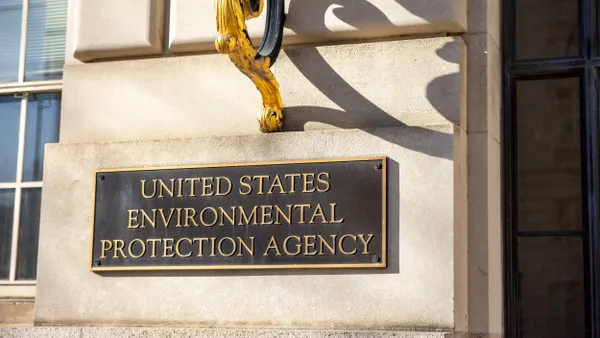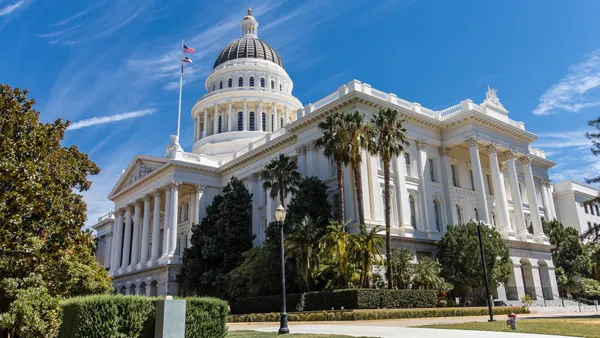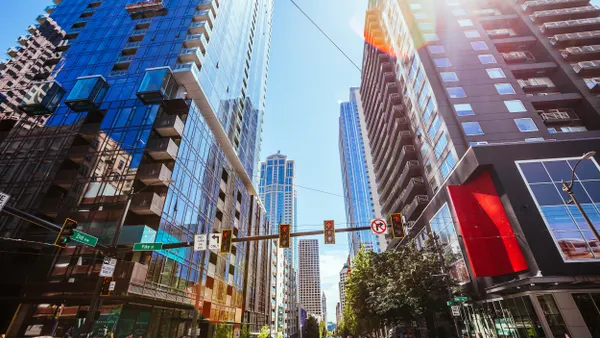Dive Brief:
-
The Johns Hopkins Center for a Livable Future (CLF) recently published a report to examine the resilience of Baltimore's food system and highlight how the city can ensure food security in short- and long-term crises.
-
In addition to emergencies such as terrorist attacks, economic crises and cyber attacks, the city's Mid-Atlantic location puts it in a vulnerable position for natural disasters such as hurricanes and flooding. All of these crises could lead to food insecurity, therefore CLF suggests Baltimore develops preparedness capacity among small-scale food businesses, builds critical food facilities, and develops community food storage and communication plans to ensure resilience.
-
To develop the blueprint of suggestions and solutions, CLF conducted 36 interviews with local businesses and community leaders, and also conducted GIS mapping to support hypotheses.
Dive Insight:
Roni Neff, an assistant professor who oversaw the study, wrote in a press release, "Baltimore is one of the first cities in the country to assess and plan for resilience at all levels of the food system." However, Baltimore is not the first city with a food supply at risk of dangers associated with natural disasters or unpredictable terrorist threats. If a city's food supply were to be affected by a natural or man-made disaster, the implications would be extreme — and have a ripple effect miles outside of the city. It is never too early for a city to prepare for the worst, and Hopkins has proven that through its detailed report.
Because city food systems have biological, economic, social, health, and political implications, it is crucial that local governments work with many stakeholders — including farmers, retailers, grocers, educators, sustainability and security officers — to devise a resilience plan. By working with 36 stakeholders, CLF covered its ground and was able to gain insight into some implications of a food system plan that may not have otherwise been considered.
Food system resilience is one of many ways Baltimore is striving to become a smarter city. The city is considering "zero waste" policies, using various technologies like LiDar to map city trends, and is home to a world-famous water wheel. With continued efforts to ensure resilience, the city — which was once plagued by stereotypes violence and poverty — is raising its flag as a city of the future.










